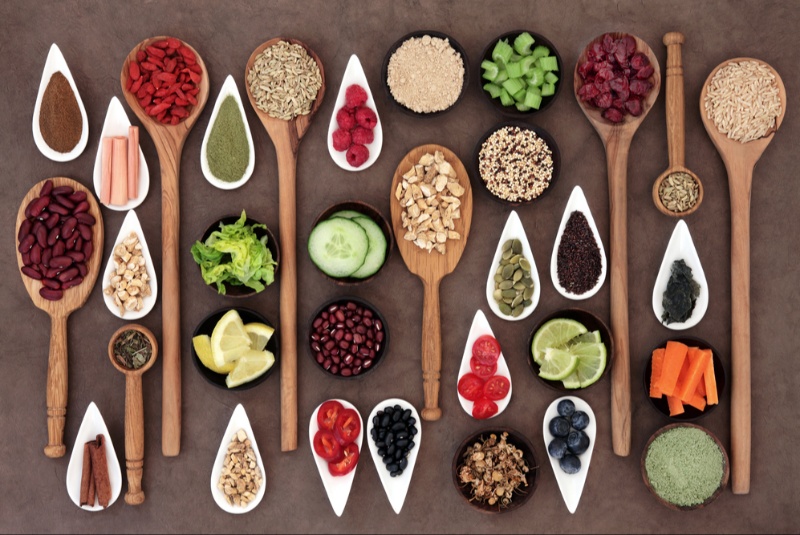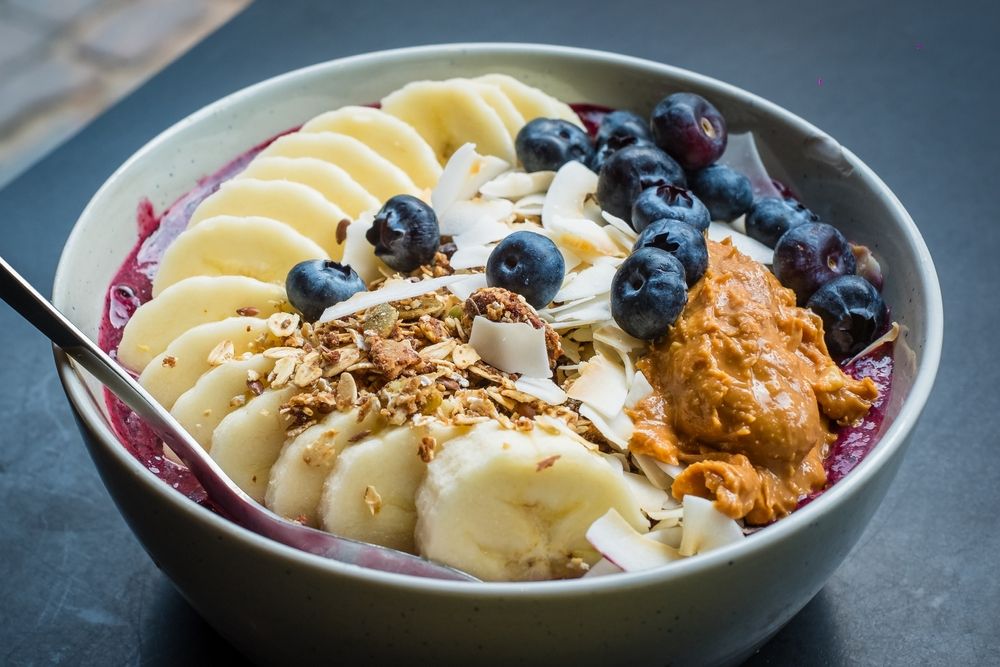Food is not just about satisfying hunger; it’s also about nourishing our bodies with the right nutrients. As we journey further into the 21st century, our focus on health and wellness has evolved. Every year, certain foods emerge as the champions of nutrition, offering unparalleled health benefits. These are popularly termed “superfoods.” As 2024 unfolds, a fresh list of superfoods is taking center stage. Let’s dive into the top 10 superfoods of this year and discover their benefits.
- Moringa: Native to parts of Africa and Asia, the Moringa tree’s leaves have been an essential part of traditional medicine for centuries. Moringa is rich in vitamins, minerals, and amino acids. It contains significant amounts of vitamins A, C, and E; calcium; potassium; and protein. With its anti-inflammatory properties and rich nutrient content, it’s a must-add to your diet this year.
- Black Garlic: Aged and fermented to produce a sweet and syrupy texture, black garlic is rich in antioxidants. It’s known to lower cholesterol levels, improve heart health, and has twice the antioxidant levels of fresh garlic. The fermentation process also breaks down some of the compounds that causes garlic breath!
- Hemp Seeds: These tiny seeds are nutritional powerhouses. They are a rich source of essential fatty acids, including omega-3 and omega-6. They’re also a great protein source, making them especially valuable for vegetarians and vegans. With their nutty taste, hemp seeds can be sprinkled on salads, added to smoothies, or incorporated into baked goods.
- Lion’s Mane Mushroom: This unique-looking mushroom isn’t just a treat for the eyes. It’s also gaining attention for its potential neuroprotective properties. Studies suggest that lion’s mane can boost the production of nerve growth factor, which might be beneficial for brain health.
- Kelp: A type of seaweed, kelp is a natural source of iodine, which is crucial for thyroid function. It’s also packed with antioxidants, including vitamin C and E, which help fight inflammation. With the increasing popularity of plant-based diets, kelp is also being hailed for its umami flavor and potential as an alternative to meat-based dishes.

Shutterstock - Jackfruit: While jackfruit has been part of Asian cuisines for centuries, it’s making a splash in the global scene as a versatile meat substitute. Rich in protein, magnesium, vitamin B6, and antioxidants, it’s not just its meaty texture but also its nutritional profile that’s winning fans worldwide.
- Camel Milk: A staple in the Middle East for centuries, camel milk is now gaining global attention. It’s rich in protein, vitamins, and minerals. Additionally, it’s lower in fat than cow’s milk and contains immune-supporting proteins that might benefit those with autoimmune conditions.
- Fermented Green Papaya: Fermented foods have always been in the spotlight for their probiotic content. Fermented green papaya is a powerhouse of enzymes, vitamins, and minerals. It aids in digestion and boosts the immune system.
- Acerola Cherries: Native to tropical regions in the Western Hemisphere, acerola cherries are bursting with vitamin C. In fact, they’re among the world’s richest sources of this vitamin, outdoing oranges! Regular consumption can boost the immune system and improve skin health.
- Tiger Nuts: Not actually nuts, but tubers, tiger nuts are a rich source of resistant starch, a type of fiber that benefits gut health. They also contain ample amounts of magnesium, potassium, and vitamin E. Their sweet, nutty flavor makes them perfect for snacks, milk alternatives, or even baking.
Superfoods, with their potent nutritional profiles, are not just trends; they’re insights into how diverse and healthful our global pantry can be. While it’s essential to incorporate them into our diets, it’s equally crucial to consume a varied and balanced diet. Let 2024 be the year of conscious choices, culinary explorations, and elevated health.




